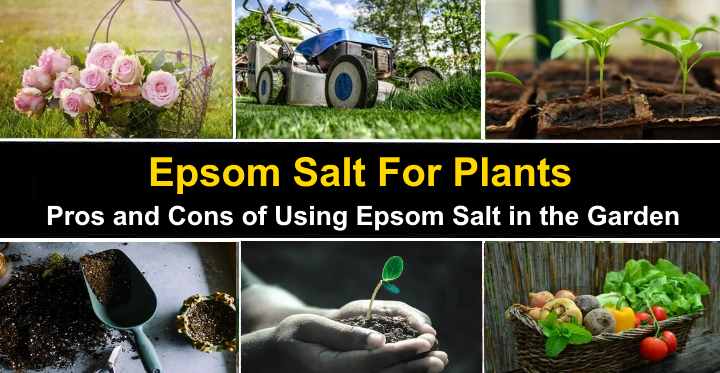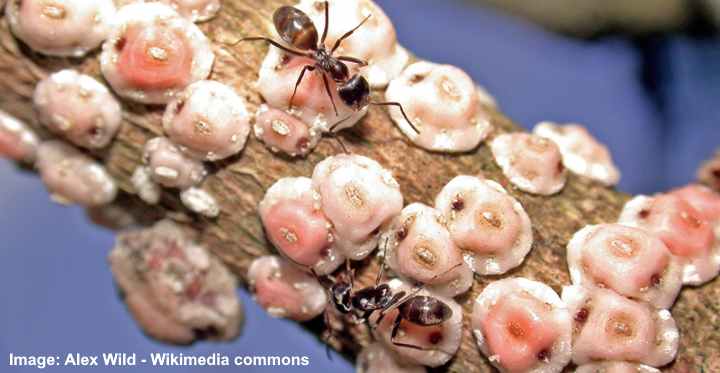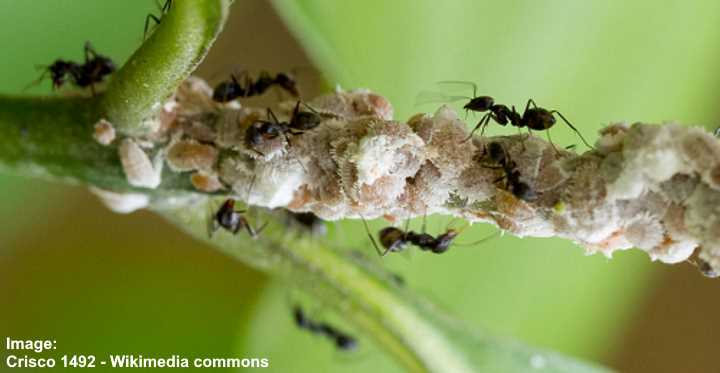Category Archives: Gardening And Landscaping
Evergreen Ground Cover Plants for Sun or Shade (With Pictures)
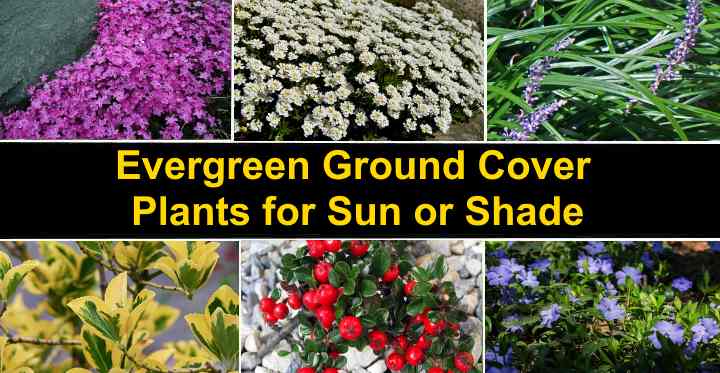
Evergreen ground cover plants are low-growing, ground-hugging plants that keep your garden looking vibrant, healthy, and beautiful. Mat-forming, spreading plants help limit weed growth, prevent soil erosion on slopes, and add year-long interest and texture to your yard. One of the benefits of growing evergreen ground cover plants is that they are easy to care for. So, unlike grass, you never need to mow them.
Epsom Salt for Plants: Pros and Cons of Using Epsom Salt in the Garden
21 Long Blooming Perennials (With Pictures)
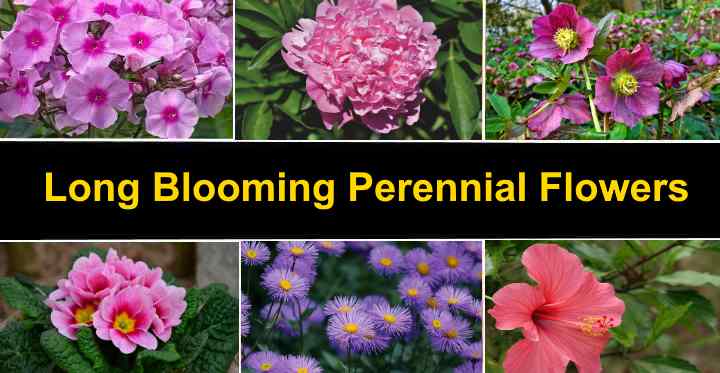
Long-blooming perennials can fill your garden with colorful flowers year after year. Perennials such as asters, black-eyed Susans, coneflowers, peonies, and lavender will bloom every spring and summer. After planting once, perennial shrubs, flowers, and plants will rebloom annually without requiring much maintenance.
What is Vermiculite: Learn How to Use Vermiculite in the Garden
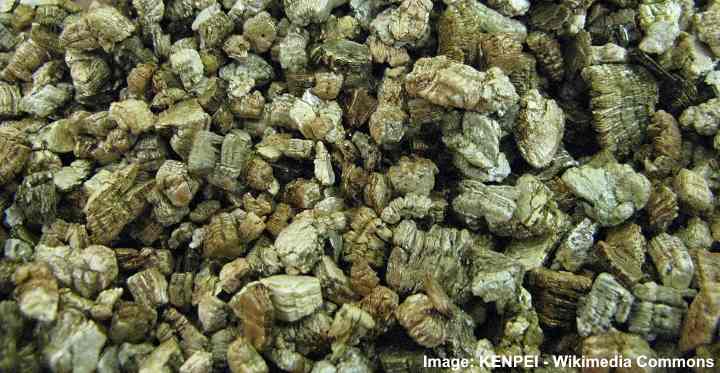
Vermiculite is used in the garden or potting soil to help aerate the soil and increase water and nutrient retention. Vermiculite is an excellent choice for amending the soil of moisture loving plants because of its water retention properties. It is also useful for encouraging faster root growth in cuttings. One of the benefits of horticultural vermiculite is that it doesn’t break down in the soil.
The Best Water Plants: Aquatic Plants for Ponds (Indoors and Outdoors)
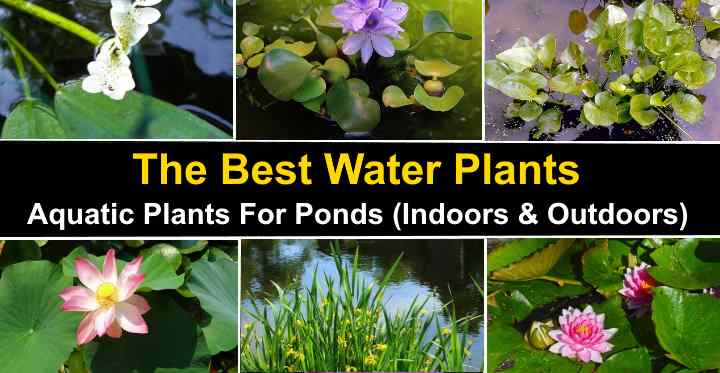
Water plants are excellent for adding attractive natural features to ponds in your backyard, indoor ponds, or aquariums. Aquatic plants, also referred to as hydrophytes, are the types of plants that grow only in water, not on land. In ponds or fish tanks, water plants provide oxygen, shaded areas, and prevent algae from thriving.
Aphids on Plants: Effective Ways to Kill Aphids on Indoor and Outdoor Plants
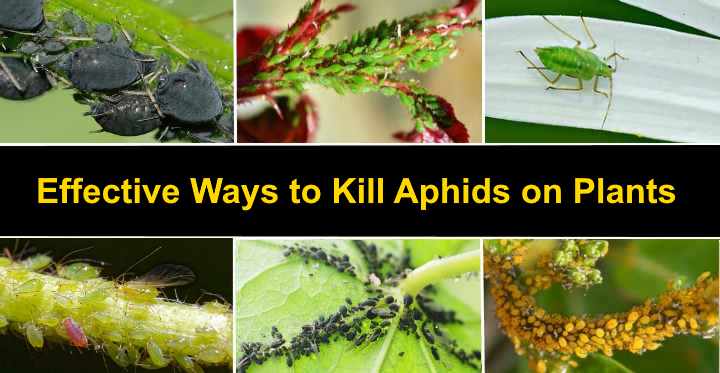
Aphids are tiny insects that suck sap from indoor and outdoor plants, causing a lot of damage. Aphids are crawling insects that generally lurk under plant leaves. In high numbers, aphids develop wings, hence their name greenfly or blackfly. Getting rid of aphids on plants fast is a top priority if you notice these pests on your plants.
Scale on Plants: How to Kill Scale Bugs (Scale Insects)
Mealybugs on Plants: Effective Ways to Kill These White Bugs
How to Kill Spider Mites On Plants: Identification, Treatment and Prevention of Spider Mite Damage
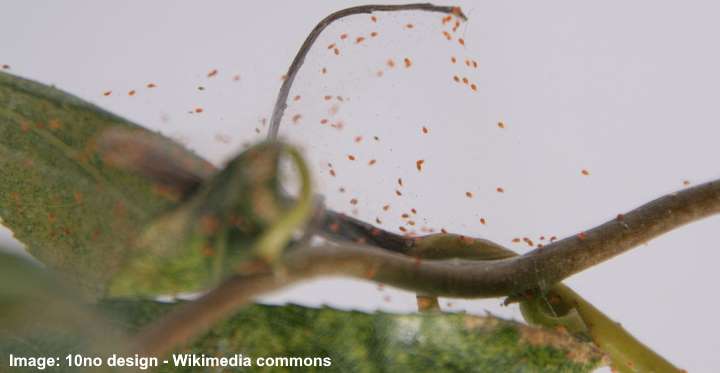
Spider mites are tiny pests that can infest houseplants and outdoor plants. These plant pests look like tiny spiders and they can do a lot of damage to plants. The first sign of spider mites is their tiny webs on the plant. Other signs of spider mite damage include black or brown spots on the plant leaves.
The Best Liquid Lawn Fertilizers (Professional Review and Guide)
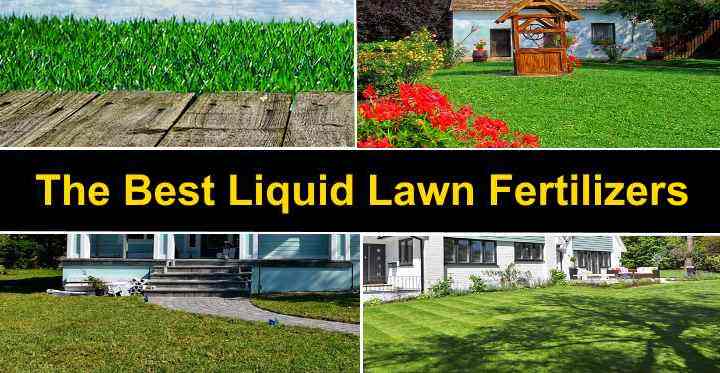
Liquid lawn fertilizers are an easy way to keep lawn looking lush and healthy with vibrant growth. Spraying lawns with high-quality liquid fertilizers provides all the nutrients that robust turfgrass needs. The best liquid fertilizers for lawn contain high concentrations of nitrogen—the crucial nutrient for healthy lawns.

